
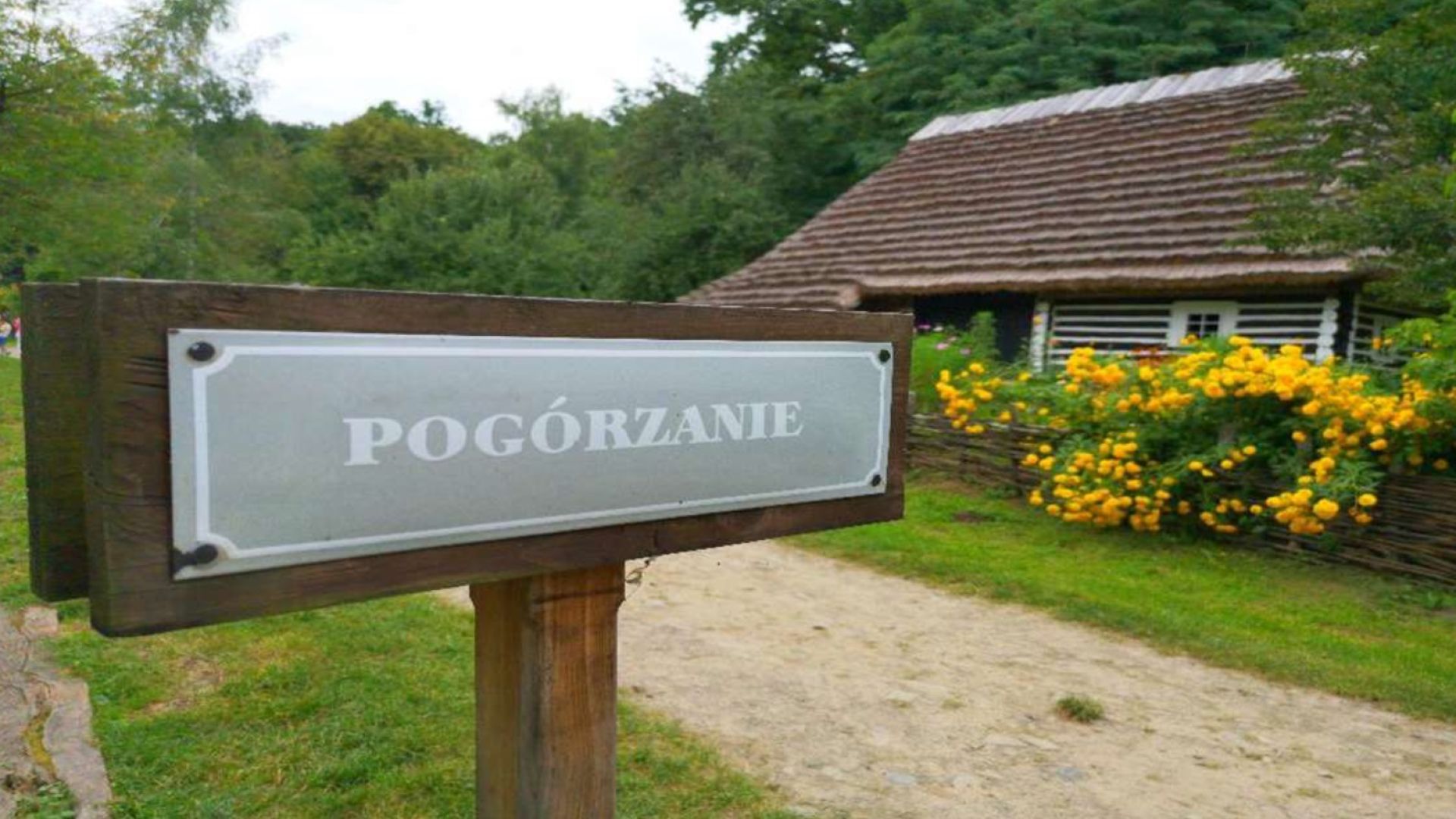
Ethno-industry, i.e. folk creators, city builders and heroes of industry.
Pogórzanie - U Karpackich Bram refers to the population living in the area between San and Dunajec, cut by the valleys of the rivers: Wisłoka, Wisłok, Ropa and Biała. The core is getting to know people who have lived at the intersection of roads for centuries, who can enjoy and affirm life closely related to nature and the wealth that the earth offers. The theme of the tour is to show the cultural landscape of the Carpathian Foothills in the context of changes and changes over the centuries: from the history of rural medieval wooden churches, towns to which villagers migrated in search of a better life, industrial development and marginalization of the role of the village, to the revival of folk culture and the search for new forms of its presentation and expression. In Pogórzans, ethno and industry are the gateway to understanding the past and present inhabitants of these areas. The dominant senses are hearing and smell (kerosene). Traveling along the trail, we will listen to church music, folk music and the sounds of industry. The smell of kerosene will accompany you when visiting open-air museums and museums.
 What to see?
What to see?
 Where to sleep?
Where to sleep?
 What to eat?
What to eat?
 Products
Products
Arrival by plane to the airport in Balice or Jasionka, transfer by coach to Sanok.
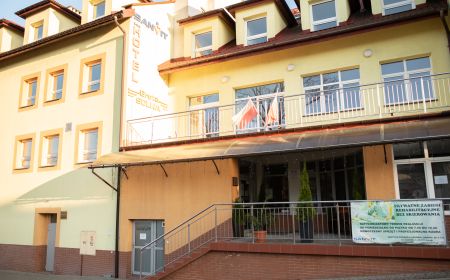
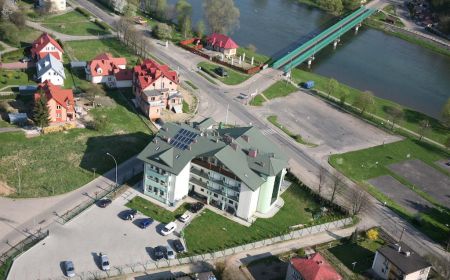
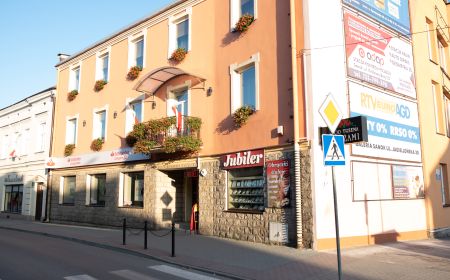
Thanks to the extraordinary cuisine, you will move to the Galician times, you will taste Lemko and Boyko, Old Polish and Ukrainian dishes. The specialties are simple dishes, based on various types of groats, peas, cabbage, potatoes, wholemeal flour and regional buttermilk.
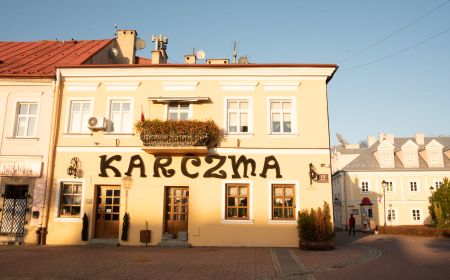
Breakfast at the hotel.
Walk to the Folk Architecture Museum in Sanok - the most important place on the ethnographic map of Podkarpacie, an open-air museum presenting the Boykos culture: guided tour of the Pogórzans sector and the Galician Market Square, free time (approx. 2.5 hours).
The specialties are Polish cuisine: traditional pork chops with fried cabbage, knuckles, stuffed cabbage with potatoes, dumplings and proziaki. Polish cuisine is not only a heritage, but also a real passion. The hosts make sure that each guest has the opportunity to taste traditional Polish dishes, as well as those slightly forgotten regional dishes on the menu.
Visiting the UNESCO monument and one of the largest wooden churches in Europe (guided tour by a local guide, approx. 30 min.)
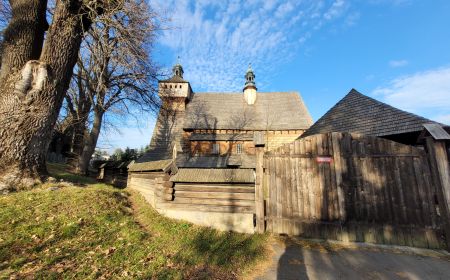
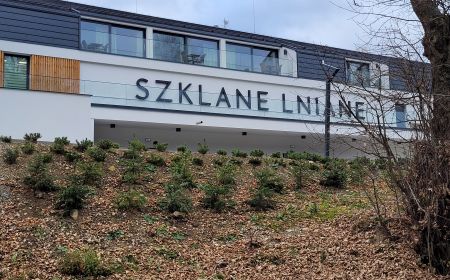
Regional cuisine in a new way, in a post-industrial atmosphere.
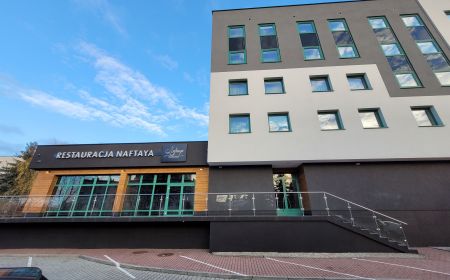
Beautiful views, time for photos.
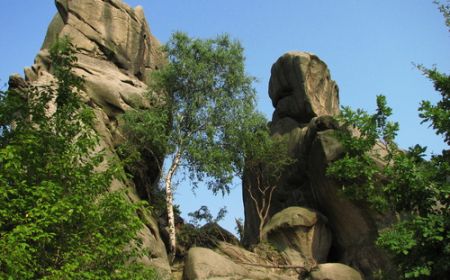
Guided tours (approx. 2 hours)
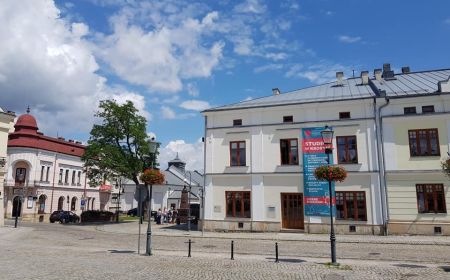
Live knowledge of glass production - the traditional industry of the region, the possibility of shopping.
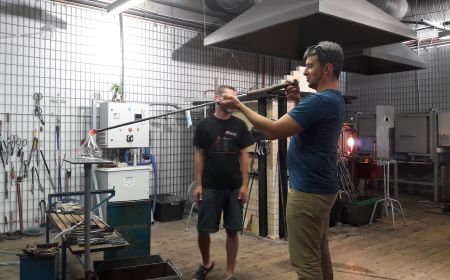
Short guided walk around Krosno.

The offer includes many dishes taken from the recipes of my great-grandfathers. The specialties are proziaki served with lard and pickled cucumber and pancakes with buckwheat groats. And the culmination of the journey through the flavors of the region is the favorite dish of great-grandfather Władek, i.e. the Jewish-style liver.

An original combination of the Cultural Center, located in the former railway station building, an ethnographic museum, an art studio, a shop with the products of regional artists, an offer of workshops and concerts. Visiting the Center, folklore presentations, lunch with dishes of Pogórzans' cuisine, tasting of local products, possibility of buying regional Lemko and Pogórze handicrafts (approx. 3 hours).
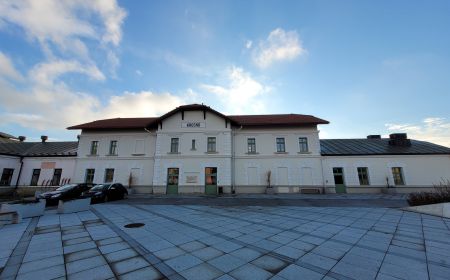
The manor recreates the life of landowners in the Carpathian Foothills. It is one of the largest mansions full of valuable exhibits (approx. 1 hour).
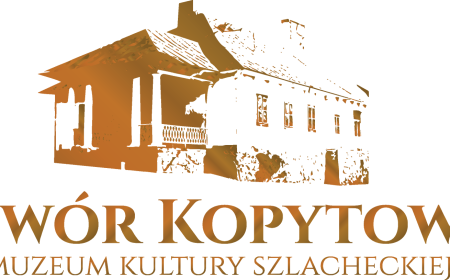
Dinner, free time.
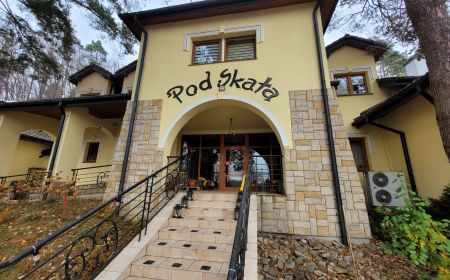
One of the oldest and largest in Podkarpacie, producing excellent white wines (including Muscat) and red wines. Presentation of the vineyard and wines, tasting, refreshments of local products, the possibility of purchasing. (about 2 hours)
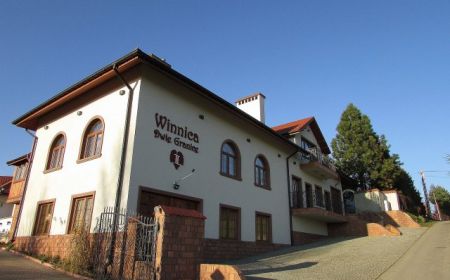
Historic city, "Pearl of the Subcarpathian Region", "Mały Kraków". A short walk around the city with a guide (parish church, monastery complex, synagogue, town hall with a tower, Kromer's house, Old Town district).
Lunch with regional cuisine and own craft beer.
Ethnographic open-air museum presenting mining machinery and equipment as well as everyday objects from the 19th and 20th centuries, guided tour (approx. 1 hour).
Sightseeing of a multicultural town in the Ropa valley, on the northern border of the Low Beskids. A guided walk around the city (Rynek, Dwór Karwacjanów, Synagogue).
Dinner, free time, overnight.
Guided tour of the exhibition of houses and farm buildings from the Gorlice Foothills. approx. 2 hours
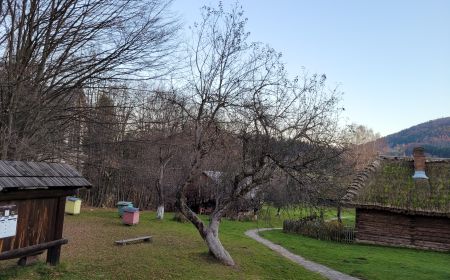
Visiting the permanent historical exhibition devoted to lace produced here since the 16th century, approx. 1 hour
A sophisticated combination of tradition and modernity allows you to show a new dimension of taste. Delicious and healthy dishes are her showcase. The restaurant is dominated by Polish cuisine. When tasting soups or main courses, you will come back to your childhood memories. The menu of the Pantry is full of perfectly prepared Old Polish dishes, which include: potato pancakes, dumplings or knuckle from the oven.
Visiting the forest park with unusual rock formations, approx. 2 hours
The property is situated in a picturesque area of the Biała River valley with an attractive mountainous landscape.
Transfer to the Balice airport in Krakow (or Jasionka in Rzeszów).
Funded by the National Institute Wolności - Center for the Development of Society Obywatelski from the Development Program funds Civic Organizations for 2018-2030
The website was created as part of the "EtnoCarpathia" project co-financed by the Interreg V-A Poland-Slovakia Cross-Border Cooperation Program 2014-2020 and by the National Institute of Freedom - Center for Civil Society Development from the Civic Organization Development Program for 2018-2030.